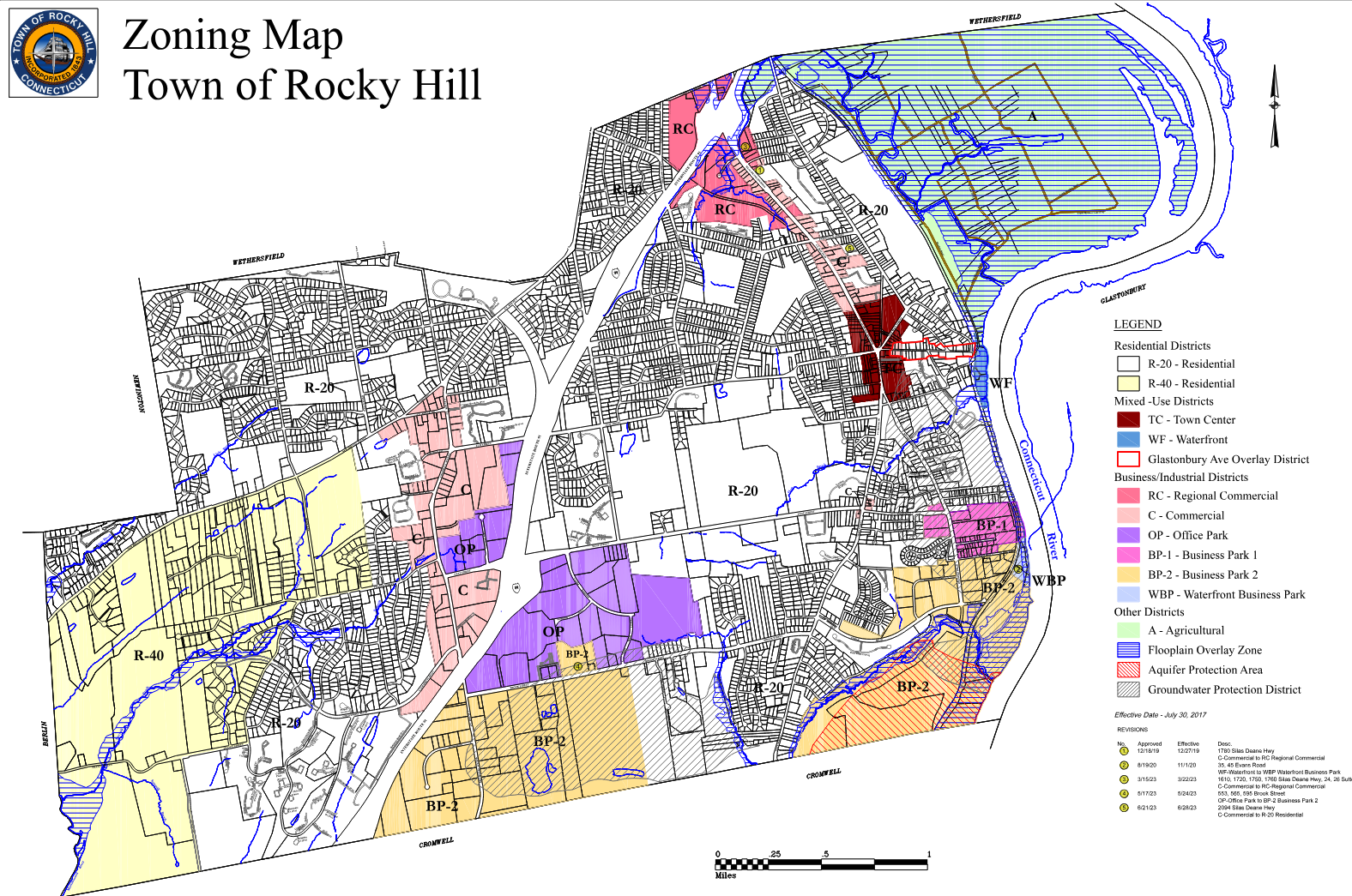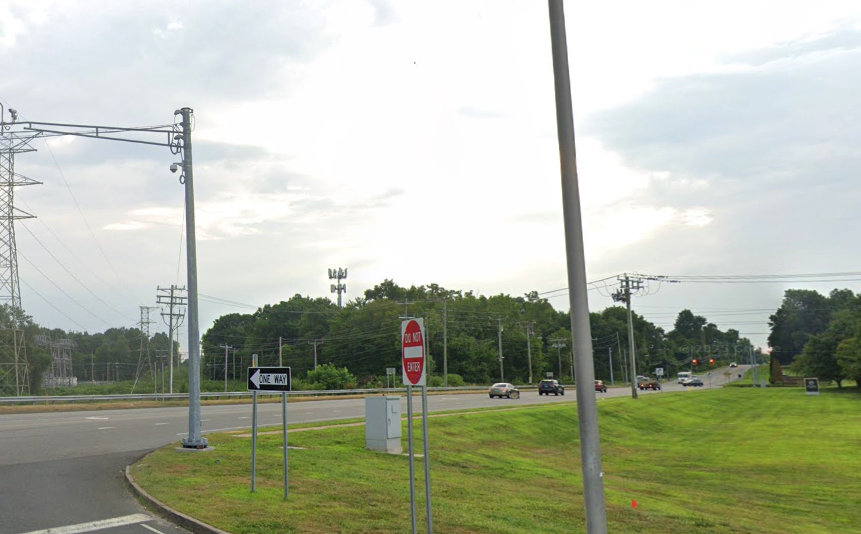Rocky Hill, CT — The Rocky Hill Democratic Town Committee, in coordination with Mayor Allan Smith, is pleased to announce the nomination of five highly qualified residents to serve on the Town’s Planning and Zoning Commission ahead of the official appointments to be made by the Town Council on January 20, 2026.
The nominees include Tony Saccullo, Steven Longo, and Dan Bodea as full commissioners, with Bill O’Sullivan and Nancy Rolfe nominated as alternates. Together, they bring decades of professional, technical, and civic experience to one of the Town’s most important regulatory bodies.
Tony Saccullo is a retired Production Chief Engineer at Sikorsky, where he spent 45 years managing complex engineering programs. He also holds an MBA, providing a strong foundation in both technical and business-focused decision-making.
Steve Longo serves as Director of Facilities, Planning, and Engineering for the Connecticut Board of Regents. He is also a certified building inspector and fire marshal and is active with the Rocky Hill Fire Department. A lifelong Rocky Hill resident, Steve brings deep knowledge of public safety, infrastructure, and local operations.
Dan Bodea is the owner of a construction firm specializing in residential and commercial renovations and is also a former local business owner. His hands-on experience working with building codes, contractors, and property owners brings valuable real-world insight to zoning and development matters.
As alternates, Bill O’Sullivan and Nancy Rolfe add further depth. Bill previously served on Planning and Zoning and is a multi-term Town Councilor, as well as a commercial litigation attorney with O’Sullivan McCormack Jensen & Bliss PC. Nancy Rolfe is a professional civil engineer with over 35 years of experience in construction, civil, and transportation engineering.
The RHDTC and Mayor Smith also expressed their sincere appreciation to Ronald Robbins, Alan Mordhorst, and Nancy Mayeda-Brescia for their years of dedicated service, helping to shape Rocky Hill’s growth and preserve the character of the community.
“These nominees represent exactly the kind of expertise and community commitment Rocky Hill needs as we plan for smart growth,” said Mayor Allan Smith. “We are grateful for the service of those who came before them, and we are ready to turn the page and move forward together.”
The Town Council will consider these and other nominations at its January 20 public meeting.


